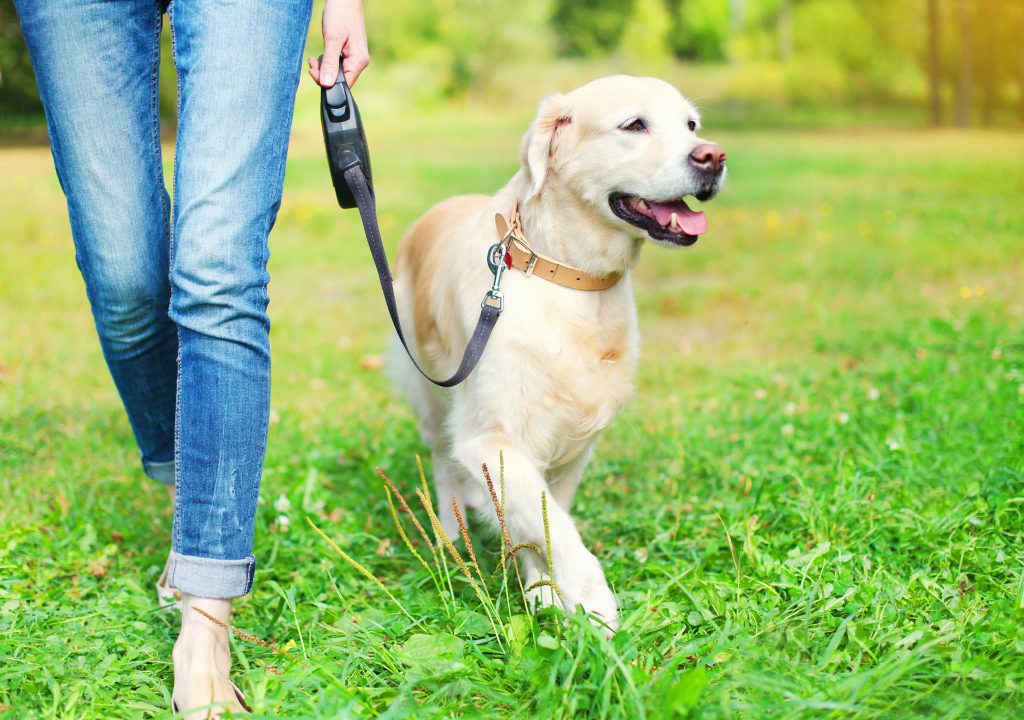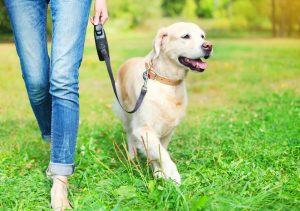Preventing Liability from a Dog Bite Case
Disclaimer: This blog, like many of our others, contains legal information and suggestions that are specific to Connecticut State laws. The legality of these statements is subject to change, they may not be the same as laws within other states, and ordinances may vary from town-to-town within the State of Connecticut. Additionally, this blog refers to domesticated animals as pets. Owners of exotic pets are strictly liable for damages caused by their pets regardless of whether or not they follow these guidelines for domesticated animals.
Being held liable for damages caused by dog bites could negatively affect both you and your dog. Often times, victims can recover for medical treatment and medications they already received, any future medical treatments, psychological counseling, a loss of earning capacity, and punitive damages. In addition to this, the law requires that the dog(s) responsible for the bite is placed in quarantine (usually for about 14 days) at a public pound, vet hospital, or other place approved by local authorities in order to assure the dog(s) does not have rabies.
A responsible pet owner takes precautions before a potential dog bite case could occur to prevent one from occurring, and to protect themselves and their pet from liability. Use the following information in order to help limit your liability according to CT State Laws.

Leashes
In Connecticut, the general statutes do not mandate that dogs are required to be leashed; however, they must not be allowed to roam on another person’s land, a public highway, or sidewalk unleashed, and roaming laws may be subject to local government ordinances.
If an owner, who was convicted in the preceding year of allowing a dog to roam, allows a dog to roam, and that dog physically injures someone who isn’t otherwise liable for the injury, that owner is subject to fines, imprisonment, or a combination of the two.
A primary way to prevent a dog bite from occurring is to leash and appropriately prevent a dog from roaming.
Vaccinations
A responsible pet owner makes sure that their pets receive the necessary vaccinations. This protects their animals, as well as other animals, from the spread of dangerous diseases. When you vaccinate your pets, keep copies of these medical records, especially rabies vaccinations.
If your animal does bite someone, you will need to locate and preserve these records.
Warnings
Giving the public an adequate warning about your pet can prevent or minimize liability for the owner and should help prevent someone from getting hurt in the first place. A common example of this would be placing a warning sign on your property about the animal, such as “BEWARE OF DOG”.
Providing people with a clear warning about your pet can mitigate your liability as the owner if that warning was ignored because the injury was therefore foreseeable.
Trespassing & Prevention
If the victim of a dog bite was committing a trespass or other tort on the owner’s property when the bite occurred, the owner will not be held liable for the damages. Regardless of whether there was a fence or other enclosure, the owner would not be liable in the case of a trespass.
However, if your animal trespasses on someone else’s property, you are liable for any damages that occur to people or property as a result.
Properly enclosing your property and/or pet helps to prevent damage to property or people from occurring either on your property or someone else’s.
Children (Under the Age of 7)
Trespasses and other torts cannot be applied to children under the age of seven. Additionally, it is assumed that children under seven were not teasing, tormenting, or torturing an animal. A child under seven will not be found responsible for damages that occurred to them. Thus, if a child under the age of seven was bitten or attacked by a pet, the owner is liable for the injuries sustained by default.
Use caution when allowing children under seven to have contact with a pet, or prohibit it outright. Children are less capable of understanding how to approach an animal and are less likely to assess the safety of such an animal before approaching it. You will be liable for damages that occur to children under seven.
Insurance
In the case that a dog bite did occur, homeowners insurance and even car insurance often covers animal attacks. As a responsible pet owner, you’ll want to make sure to check that your insurance policy covers such an incident.
Important: Recently, many insurance policies have defined criteria by which they will not cover damages. These often include specific breeds of dogs or certain types of pets that some insurance companies deem to be at a higher risk inclination to cause damages.
If you don’t yet have an insurance policy, or your existing one doesn’t cover animal attacks or your specific pet, you need to ensure that it does. The best plan of action as a responsible pet owner is to put measures in place to prevent an attack, limit your liability if one were to take place, and then insure yourself against any damages you do become liable for.
Responding to an Attack & Legal Representation
If your pet does attack someone, you should first seek medical attention for the victim. Make a physical record of the names, numbers, and addresses of the victim(s) and any witnesses. Additionally, try to avoid making any statements about the situation. This is also the point in time when you should locate your pet’s medical records mentioned earlier.
Consult an attorney so that you can discuss with them what events occurred, what your rights are, and how the situation can be remedied. It’s important to seek professional legal advice because once a bite occurs, everything that happens afterward is based on legal precedents and legal interpretations of what occurred.
If a dog bite or other such animal attack does occur, what you do afterward is almost as important as the steps you took beforehand to prevent an attack. Make sure that you adequately respond to the initial incident, and then prepare and protect yourself legally in order to protect both you and your pet(s).
If you have any other questions about dog and animal bite cases, always feel free to call (860) 423-9231 (between 9 am – 5 pm EST) to speak with one of The Prue Law Group, P.C.’s legal professionals!


